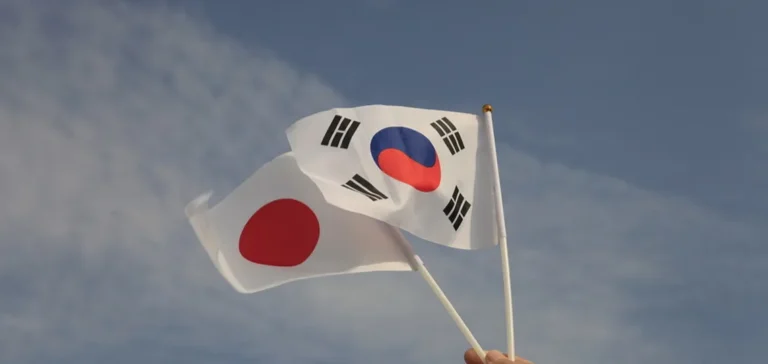South Korea and Japan have accelerated discussions on oil supply security as geopolitical uncertainties in the Middle East highlight the strategic importance of reserves. Representatives from Korea National Oil Corporation (KNOC) and Japan Organization for Metals and Energy Security (JOGMEC) recently met in Ulsan to review storage policies and reserve management.
Reserve policies and Gulf dependency
Both countries, Asia’s third and fourth largest crude importers, are almost entirely dependent on imports for their energy needs. More than 90% of crude refined in Japan comes from Gulf countries, mainly Saudi Arabia and the United Arab Emirates. The combined volume of oil reserves stands at 206.9 days in South Korea and 199.3 days in Japan, including both public and private stocks.
The annual meeting between KNOC and JOGMEC enabled operational comparisons of storage sites, product quality control, and incident management protocols. Representatives highlighted the importance of maintaining strong technical dialogue and increasing exchanges among experts to optimise logistics capacity and anticipate potential supply disruptions.
Technical collaboration and regular exchanges
Cross-site visits are organised, such as the Japanese delegation’s tour of the Pyeongtaek storage centre, to share expertise on underground liquefied petroleum gas (LPG) storage. Emphasis is placed on intensifying technical meetings aimed at developing concrete research and cooperation plans, especially around security issues and oil infrastructure management.
KNOC and JOGMEC officials confirm their intention to maintain a steady schedule of meetings to continuously adapt reserve management policies in response to market developments and geopolitical risks.
Commercial momentum and oil products markets
The South Korean private sector frequently prioritises Japanese partners for the export of kerosene and aviation fuel, particularly during periods of high winter and tourism demand. South Korean suppliers regularly launch targeted tenders to Japanese traders and refiners to meet increased demand for specialty fuels.
In June, South Korean exports of oil products to Japan reached 5.37mn barrels, an increase of 12% year on year, according to KNOC figures. This trend reflects intensifying trade flows and Japan’s growing importance among South Korea’s top three export markets for oil products. An ongoing shortage of aviation fuel in Japan at the start of 2024 was partially offset by rapid deliveries from South Korean refiners.
A middle distillates sales executive in South Korea stated that the responsiveness of sector players demonstrated the strength of business ties between the two countries, reinforced by the need to ensure continuity of supply in the face of international uncertainties.






















